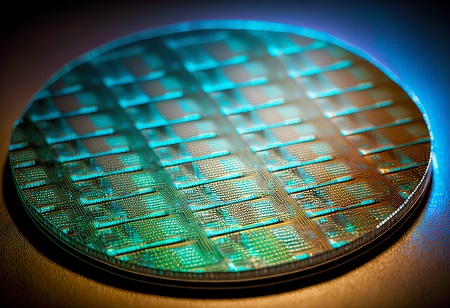
The semiconductor chip ecosystem market has seen strong growth in recent years, driven by the increasing demand for consumer electronics, energy-efficient technologies, and embedded systems. The market is projected to expand from $634.34 billion in 2024 to $693.46 billion in 2025, achieving a CAGR of 9.3%. This growth has been fueled by ongoing research and development (R&D) investments, advancements in mobile technology, and the expanding use of semiconductors across diverse industries.
Looking forward, the market is expected to continue its upward trajectory, reaching $977.15 billion by 2029, with a CAGR of 9.0%. The adoption of 5G technology, artificial intelligence (AI), machine learning, augmented and virtual reality (AR/VR), and cloud computing is expected to be major growth drivers. As industries become increasingly digitalized, the demand for high-performance, energy-efficient chips is rising, leading to innovations in wireless communication semiconductors and advanced memory chips.
A key factor propelling this growth is the surging demand for consumer electronics, including smartphones, laptops, tablets, and smart home devices. The widespread shift to remote work, digital learning, and connected living has heightened the need for powerful and efficient semiconductor components. Semiconductors act as the core processing units of these devices, ensuring seamless operations, connectivity, and optimized battery performance. The scale of this demand is evident in Japan Electronics and Information Technology Industries Association’s May 2023 report, which recorded consumer electronics production at $204.67 million (¥32,099 million), marking a 127% increase compared to the previous year.
Despite its strong growth, the semiconductor industry faces challenges such as supply chain disruptions, geopolitical tensions, and high manufacturing costs. However, strategic investments in fabrication plants, advances in AI-driven chip design, and growing semiconductor applications in healthcare, automotive, and telecommunications are helping mitigate these risks.
As the global demand for high-performance computing and energy-efficient devices accelerates, the semiconductor industry remains at the heart of technological innovation. Companies that prioritize cutting-edge chip designs, sustainability, and robust supply chain strategies will lead the next phase of growth in this ever-evolving market.
We use cookies to ensure you get the best experience on our website. Read more...